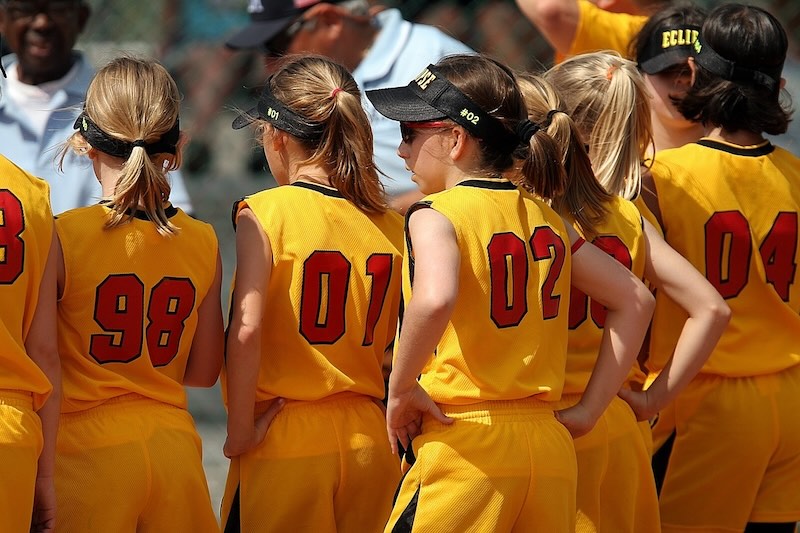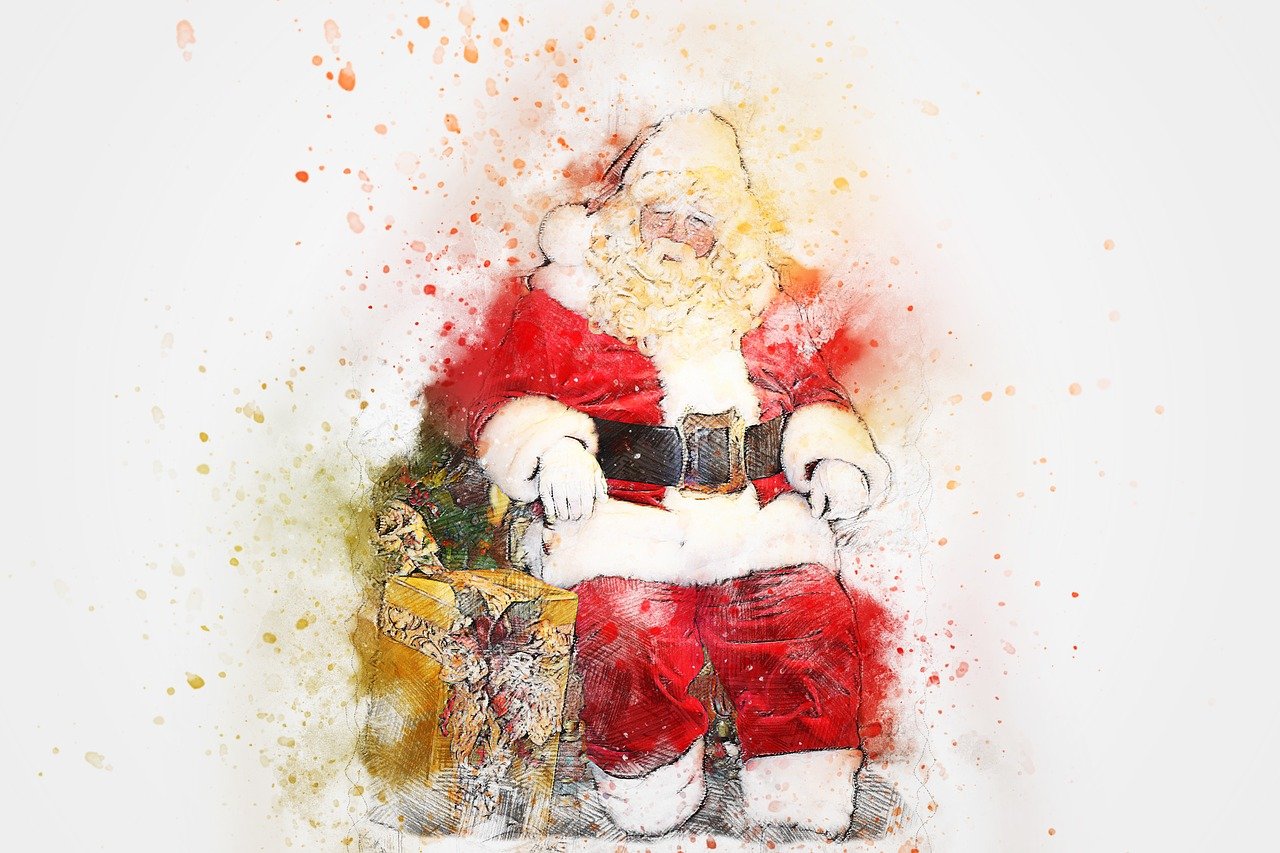With thanks to Adrian Martinez.
First day of the new sports season at at any International School and it’s try-outs today;
Naomi is excited but nervous this morning, last year she didn’t make it. She likes basketball and plays with her best friend Iga during recess; Iga is a better player than her, she always makes the team, but they both enjoy playing together. After school, on the way home, it’s the same story as last year: “They didn’t choose me again. They say I can join the Basketball club at lunch time, but I want to play with my friends and coach Tony, even if I can’t play in the team. I don’t think I want to do this again next year, mom. I don’t feel like playing basketball any more”
If you have experienced this as a parent, or seen it happen to others, and made you feel like there’s got to be a different way to approach this, you are not crazy; instead, you are very much in line with most current research and trends in School Sports.
Education is a dynamic field that needs to constantly adapt to the changing realities and needs of society and the world. Our classrooms look very different now than 30 or 40 years ago, with concepts such as inclusion, differentiation, and agency as fundamental pillars of our practice. However, current practices in school sports are not reflective, in many cases, of some of these basic educational principles, with two main areas of improvement: inclusion, in which I will focus for this article, and student choice, dealt with in a second article in coming weeks.
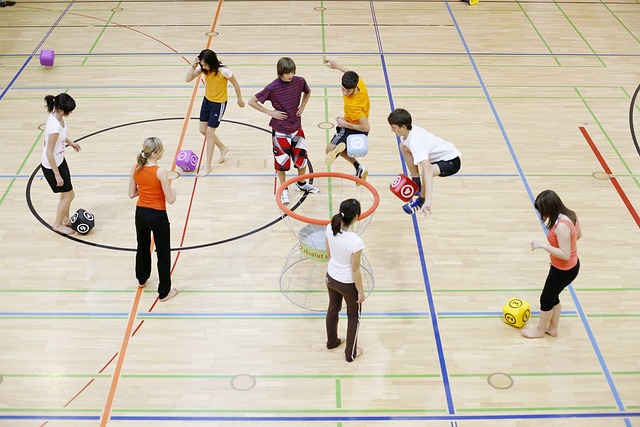
Sports Should Not Be Only For The Best
It is still common to see schools carrying out try-outs for students that want to participate in sports, and then selecting the most skilled ones to practice and compete. This model is focused on finding out which school can put together the best team in each sport, which could make some sense back in the days when most children were active: we all do sports, let’s see who is the best. However, our social reality is dramatically different today, with alarming levels of sedentarism and lack of physical activity across all ages: “In some countries, levels of inactivity can be as high as 70%, due to changing patterns of transportation, increased use of technology and urbanization.” (1). And still, in this context, at schools we are telling children that want to exercise that they can’t because they are not good enough. At schools, where we should be leading the promotion of physical activity as a habit for life for every child, we are excluding those who are not the best athletes
Everybody likes trophies, and our social environment constantly tells us that what matters is the trophy, so it is already hard enough for parents and educators to change that mindset in children and creating a culture of physical activity for health and well- being, rather than for winning. It is our responsibility as adults to model that approach, but the message that we are sending to children is that sports are not for everyone, but only for athletes. We are prioritizing competition over health and inclusion. “Quality physical education and supportive school environments can provide physical and health literacy for long lasting healthy, active lifestyles.” (1), but still some schools advertise that “In High School, the focus is on competition”, and for that purpose we provide opportunities to play only to the best, while as parents we are desperate to find ways to keep our children active and engaged in sports.
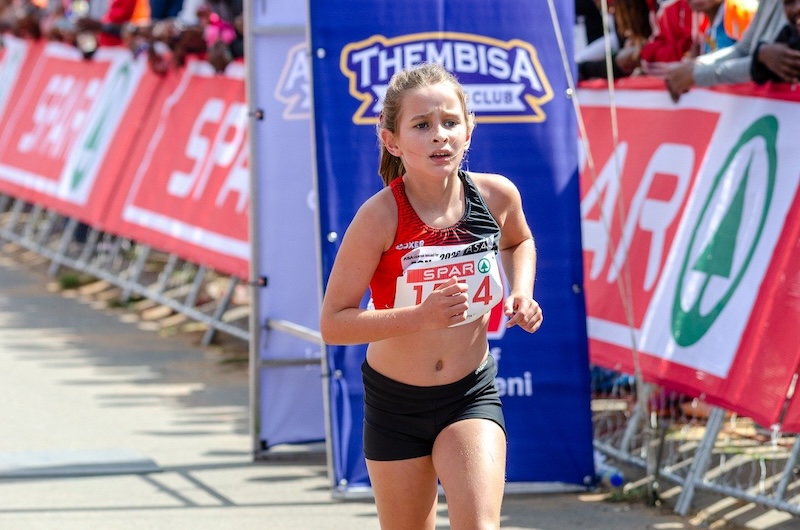
The Purpose of Competition
Sports competition is an unbelievably powerful and enriching learning experience: the interactions and relationships with teammates, and with fellow peers from other schools; the chance to apply what we do in practices with a goal; the personal challenge; the teamwork; the opportunities for problem solving and reflection… an endless list of priceless experiences. The problem comes when we put the result first, rather than student learning, growth and happiness. Healthy competition focused on learning is the natural end of the process of school sports, but from the moment that we are providing this opportunity only to a selected group of students we are failing to recognize our role as institutions: to educate ALL the students.
Selecting our best athletes to play “competitive sports” 3 or 4 times a week with our most qualified coaches, while for other students offering an alternative “club” once a week with less qualified coaches, is not differentiation. Providing a common training environment to students within their social group, catering for the specific needs of all of them, and managing the potential team or teams with care and respect for all, that is differentiation. Not all students need to participate in a team to the same extent, but all students need to be provided with similar learning opportunities.
Inclusion and differentiation is the future of school sports, and the future is now.
If our current model for school sports does not allow us to be inclusive, maybe it is time to rethink that model. Some schools are already moving in that direction, it might not be perfect from day 1 but anything will be better than not being inclusive. It is time for our communities to have an open conversation about the purpose of school sports, and how to achieve that purpose. My girls are still young, but a few years from now I want them to be active, healthy and happy with their choice of sport. I am ok with them cheering for their friends, their practice mates, on the bleachers on the day of the most important game of the season because they might not be the best players. But I am not ok with them not getting quality learning experiences where they can learn, grow and develop a love for physical activity. Our children deserve better sports: sports for ALL and sports for LIFE.
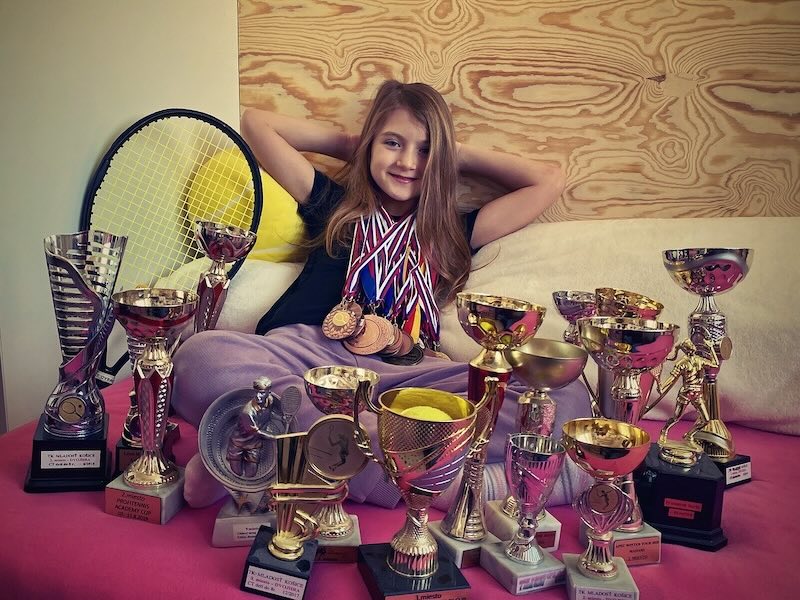
Editors Note : Adrian holds a Bachelor’s Degree in Sports Science from High Point University (NC), a
US teaching license, and a Master’s Degree in Sports Management. He has taught PE and managed sports programs at international schools for 15 years in Spain, Japan and Thailand, where he currently lives with his wife and two little girls.

